Why I believe First Peoples will thrive with an Indigenous voice to parliament
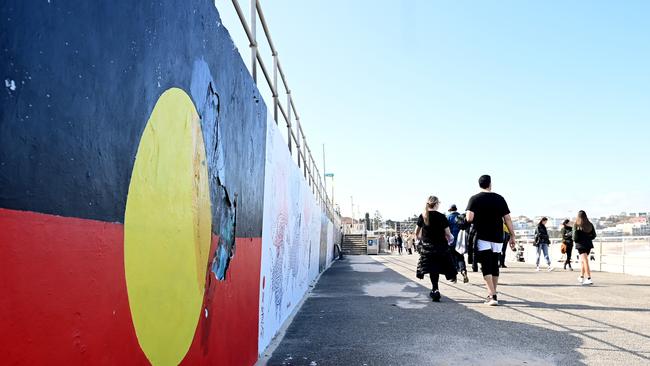
There is urgency and pragmatism to the proposal that Aboriginal and Torres Strait Islander people should have a say in the way policies and programs are made for us at the federal level. Few can argue the status quo is working.
The Uluru statement describes the removal of our children, the languishing of our people in detention and the torment of our powerlessness in the face of these challenges. But, most important, it crystallises how we can make a practical difference, how we secure the lasting change that all Australians of goodwill, Indigenous and non-Indigenous, want to see.
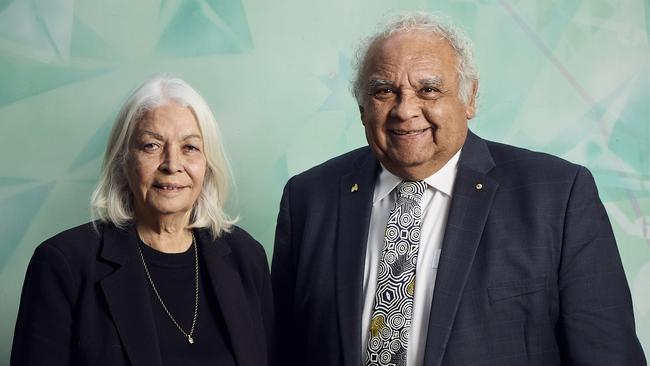
Emerging from an extensive national engagement with Aboriginal and Torres Strait Islander people, the Uluru statement calls for a constitutionally enshrined voice as the way forward. It is a simple proposal: that better decisions, better policies, better implementation and better laws are made when the people whose lives they affect are active participants in these processes.
Now we have a government committed to a referendum that can make this a reality. The first step is the passage of a Constitution alteration bill through parliament. The bill was introduced in March and was recently scrutinised by a cross-party committee.
Across six public hearings, the committee heard from First Nations and non-Indigenous people across the country about why a constitutionally enshrined voice was fundamental to improving practical outcomes for Indigenous people and communities.
Marcia Langton and I appeared before the committee as co-chairs of the 2021 Indigenous Voice Co-Design report. We shared that the voice would be a worthy addition to our public life, that it would improve government decision-making and would recognise First Peoples in the Australian Constitution.
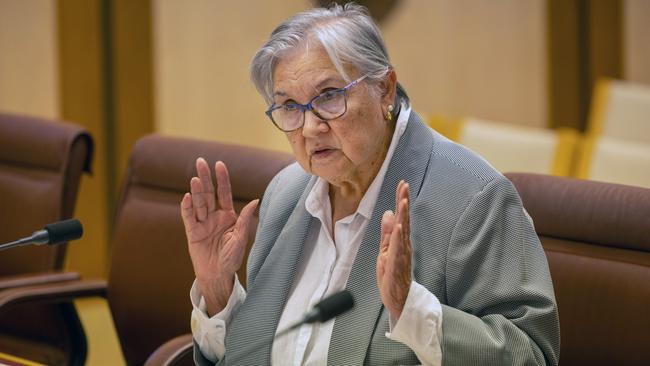
The committee began with evidence from Uluru statement architects Megan Davis and Aunty Pat Anderson, who provided a timely reminder on the promise and potential of the voice for communities: it is about getting grassroots voices amplified and feeding into Canberra, representing the views and voices of their communities.
The committee then travelled to Cairns, where it heard from stakeholders across northern Queensland and the Torres Strait.
At hearings in western NSW, Orange Local Aboriginal Land Council chief executive Annette Steele, appearing in a private capacity, told the committee how a voice could elevate grassroots solutions to youth education and employment: “If there was a voice, or when there is a voice, I would see that it gets to look at what actually works on the ground. There is a direct link from our local communities straight to the voice, saying: ‘This is what works for us. This is what’s working in our community.’ ”
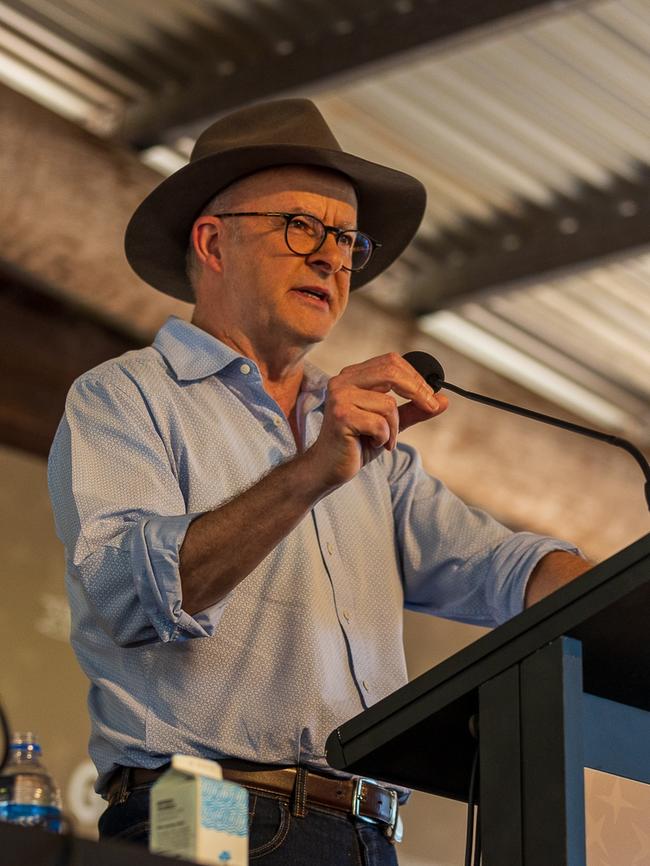
When the committee travelled to Western Australia, it heard from a range of prominent West Australians, including former Liberal ministers for Indigenous Australians Ken Wyatt and Fred Chaney and former Australian of the Year and eminent public health researcher Fiona Stanley, who told the committee that health outcomes simply improved when Aboriginal people had greater say and control.
The message is clear: when Aboriginal and Torres Strait Islander peoples have a say in the matters that affect our communities, we get better outcomes. We are but months away from the referendum for a voice.
It is a pivotal moment. This referendum holds the promise of recognition and the potential of real practical change for communities.
We must embrace this opportunity. The voice is our great next chapter, our hope for a better future.
Tom Calma is a member of the referendum working group and co-author of the Calma-Langton report.

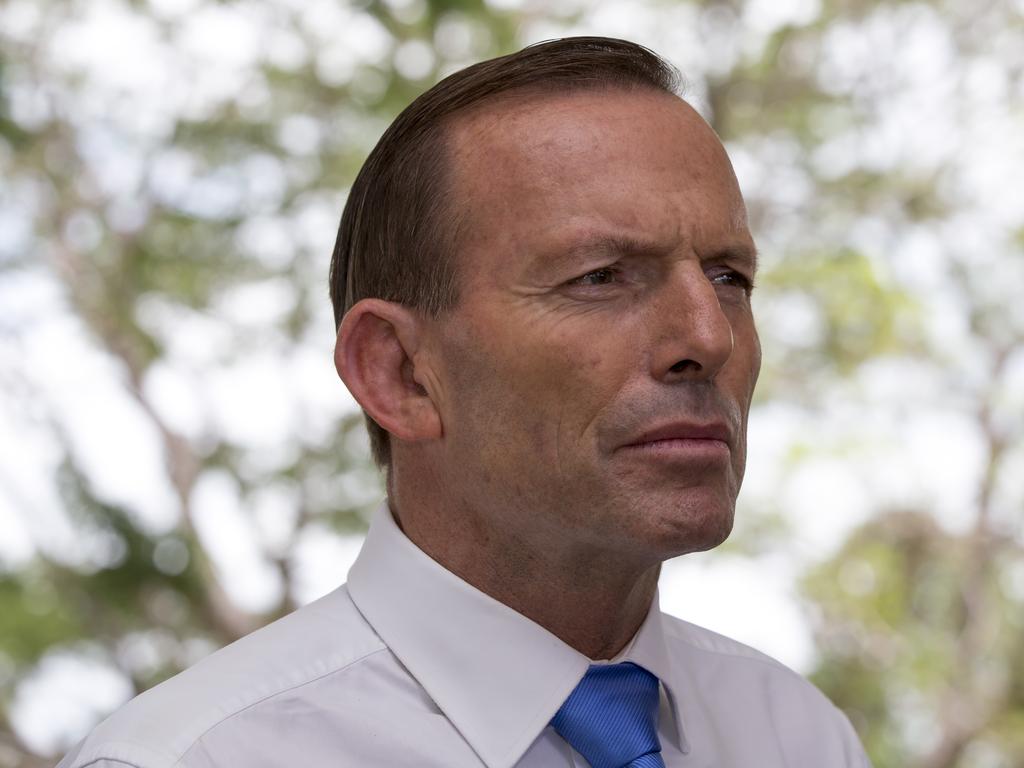

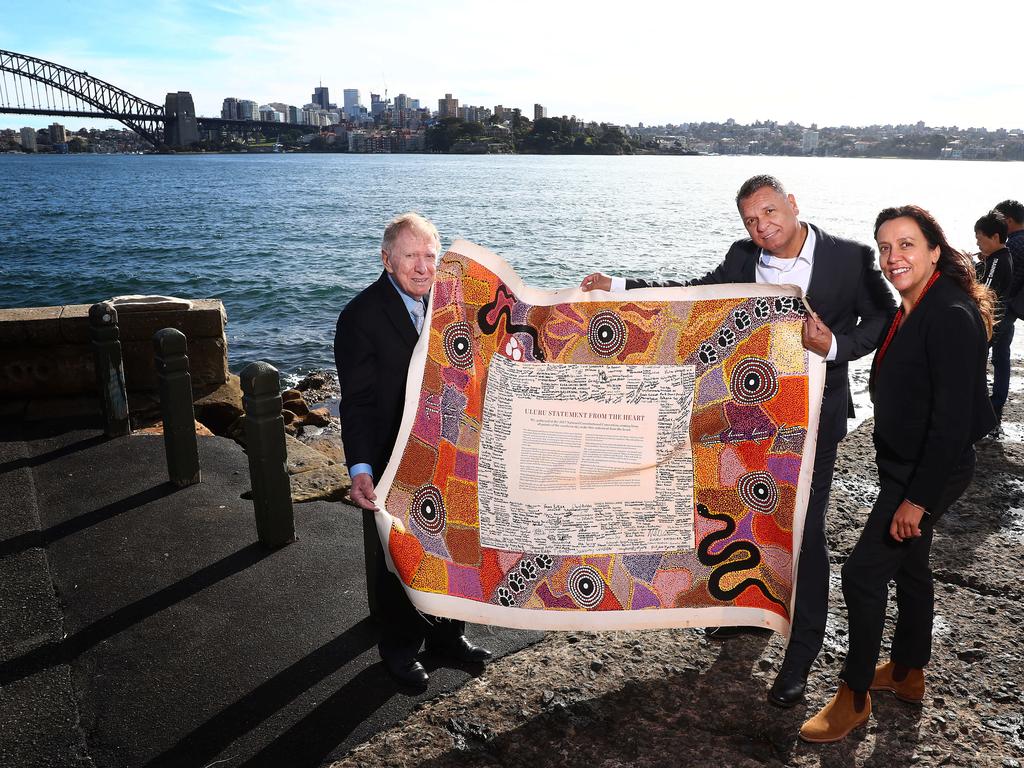
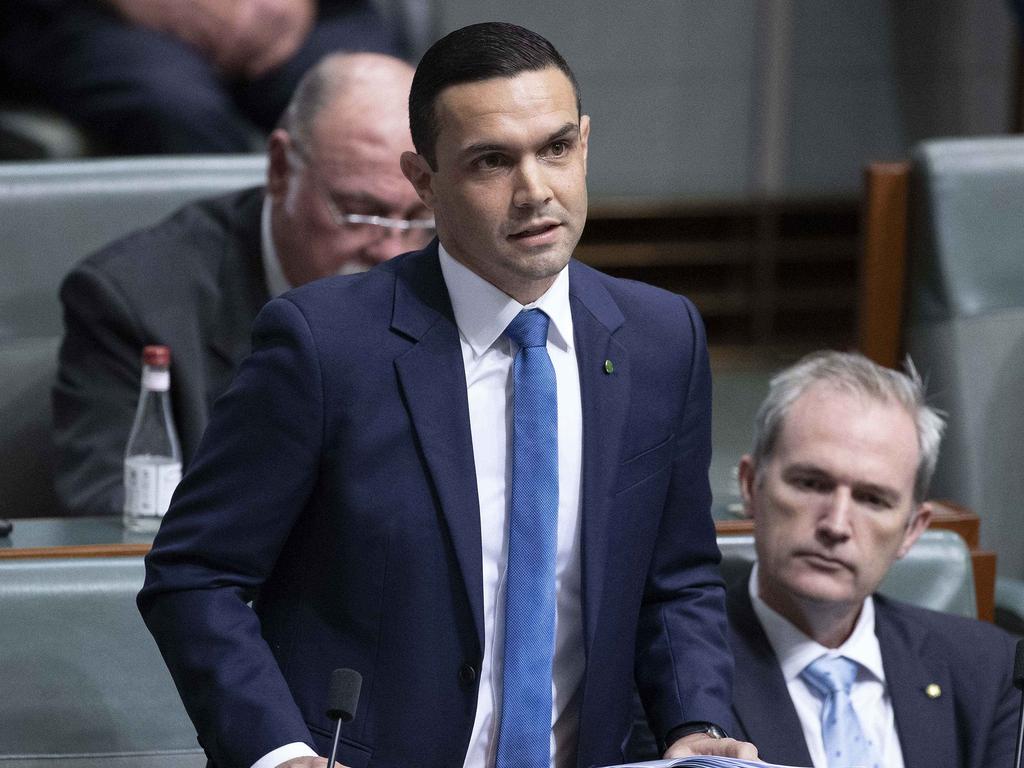

The Uluru statement – with its central call for a voice to parliament – is at its heart a practical document.